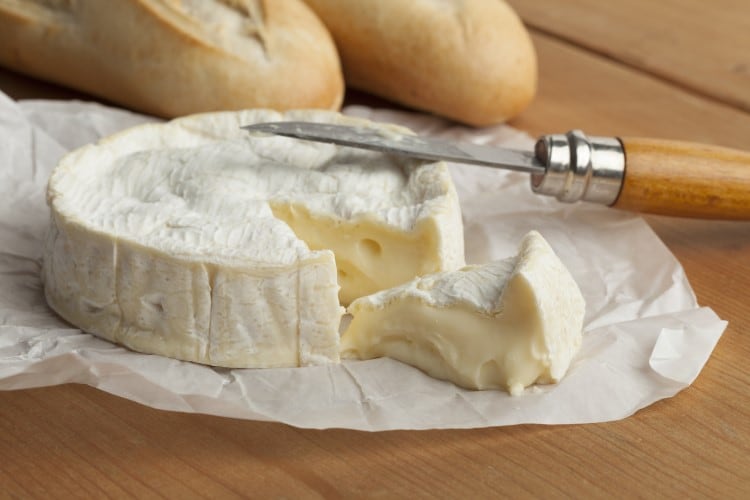The start-up has developed a patented process for producing non-animal caseins, and Babybel maker the Bel Group has an active partnership with the Paris firm to produce superior cheese alternatives.
Casein, a protein that’s a key component of milk, gives cheese its distinct stretch and melt properties and contributes to the dairy staple’s protein content. But when produced through precision fermentation – a process in which organisms such as yeasts are genetically-programmed to create specific ingredients – casein is hoped to play a key role in the development of dairy alternatives, helping producers to achieve near-equivalent functional and nutritional properties in cheese analogs.
In 2022, Standing Ovation and Bel Group announced a partnership that would aid the Babybel maker’s quest of improving its portfolio of plant-based and non-animal cheese and dairy alternatives, with a particular focus on boosting protein content. In turn, Standing Ovation received financial backing from Bel, who also acquired an equity stake in the start-up. The first products resulting from the tie-up are hoped to arrive in 2024, first in the US where regulations allow for the marketing of precision fermentation-derived dairy, and eventually, in Europe depending on favorable regulatory developments.
In addition to the circa €12m funding secured in 2022, Standing Ovation is set to add a total of €3m additional funding to industrialize the production of non-dairy casein. The company has been chosen to receive €2m (of which €1.2m in the form of a grant) from a French government program designed to support agri-food resilience and reward technological innovation, itself part of the state’s €54bn France 2030 investment plan aiming to decarbonize and future-proof key sectors of the economy. The funding will support the start-up’s project over 20 months.
Standing Ovation has also been approved to receive a €1m loan from public investment bank BPI France, a type of ‘green’ finance for the development of an ecological and energy transition project. Among the terms listed by the bank to approve an applicant is the ability to ‘innovate to bring to market products or services in terms of environmental protection, circular economy and/or allowing a reduction in resource consumption’.
Standing Ovations says its objective is to develop a purification line of proteins (caseins) obtained by precision fermentation, enabling the first industrial production of ingredients for dairy products. “This is a key stage in the industrialization of the process needed to market these highly nutritious and functional ingredients,” the company said.
The purification line will both improve productivity and streamline the production process, allowing the start-up to maximize upstream production resources and reduce costs and downtime.
Romain Chayot, CEO and co-founder of Standing Ovation, commented: “Standing Ovation's innovative approach enables us to contribute to the food transition while significantly reducing the environmental impact of the dairy ingredients industry. BPI France's strong support is helping us to drive the industrial deployment of the unique process developed by Standing Ovation, an important step before the upcoming commercialization of our ingredients. This financing also marks the commitment of public authorities to preparing the food of the future and ensuring food sovereignty.”
Precision fermentation – the future of dairy?
Analysts have repeatedly tipped precision fermentation to offer a true alternative to traditional dairy farming by removing the climate impact of agriculture while delivering equivalency in nutrients and functionality.
But the market remains relatively small at the start of 2024, with just several regions including the US and Singapore able to offer precision fermentation-derived dairy to end consumers.
But a niche continues to exist for food innovators looking to fill the nutritional gap that plant-based cheese alternatives have so far failed to address. According to Rabobank dairy analyst Richard Scheper, more investment is being funnelled towards precision fermentation protein production in recent times. In large part this is due to proteins, he told us, but another major factor was carbon emission reductions. “I think this is all still early stages, but we do see a lot of companies are investing in this direction,” he said. “We could also see hybrid products, for example, plant-based products that contain dairy-identical proteins.”
Putting in perspective how much companies can cut down their climate impact, the Good Food Institute Europe’s managing director Alex Mayers said during Fi Europe’s Future of Nutrition Summit: “The dairy sector accounts for some of the heaviest climate change impacts.
“But with precision fermentation, yeast rather than cows can be used to create whey protein, for example, leading to a 97% cut in GHG emissions.”

